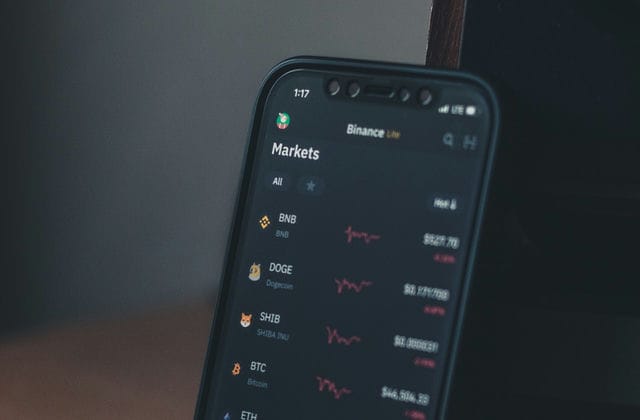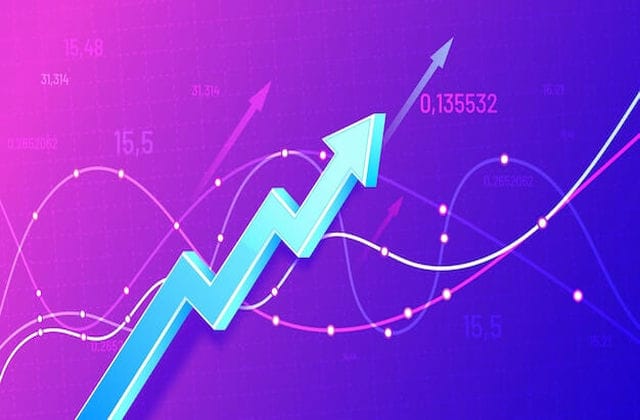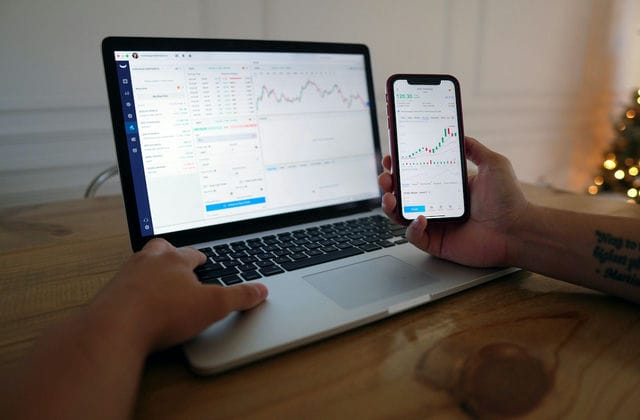Financial Futures.
Financial Futures are binding, standardized contracts between two parties to a transaction to buy and sell a financial instrument at an agreed time and price in the financial markets. A futures contract with a financial instrument as the underlying. Financial futures are generally divided into three categories, currency futures, interest rate futures and index futures. Financial futures, as a type of futures, have the general characteristics of futures, but in contrast to commodity futures, the underlying of the contract is not a physical commodity, but a traditional financial commodity, such as securities, currencies, interest rates, etc.
Commodity futures
Commodity futures are futures contracts where the underlying is a physical commodity. Commodity futures have a long history and a wide variety of products, including agricultural and sideline products, metal products, energy products and several other major categories. It is a standardized agreement between a buyer and seller to buy and sell a certain quantity of a physical commodity at an agreed date in the future at a price agreed at the time of signing. Commodity futures trading, a form of trading in which a standardized contract for the purchase and sale of a specific commodity is traded on a futures exchange.

Differences between financial futures and commodity futures.
1, Some financial futures do not have a real underlying asset; commodity futures are traded on commodities that have a physical form.
2, Stock index futures are cleared in cash on the settlement date; interest rate futures can be cleared through the transfer of securities; commodity futures can be cleared through the transfer of physical ownership.
3,The maturity dates of financial futures contracts are standardized and generally have maturity dates in March, June, September and December; the maturity dates of commodity futures contracts vary depending on the characteristics of the commodity.
4,The expiry dates applicable to financial futures are longer than those for commodity futures.
5, Different holding costs. The cost of holding a futures contract until its expiry date is the cost of holding, including three: storage costs, transportation costs and financing costs; the storage costs of the underlying financial futures contracts are lower, and some, such as stock indices, do not even require storage costs.
6, Speculative performance is different. The financial futures market is more sensitive to external factors than commodity futures.






























